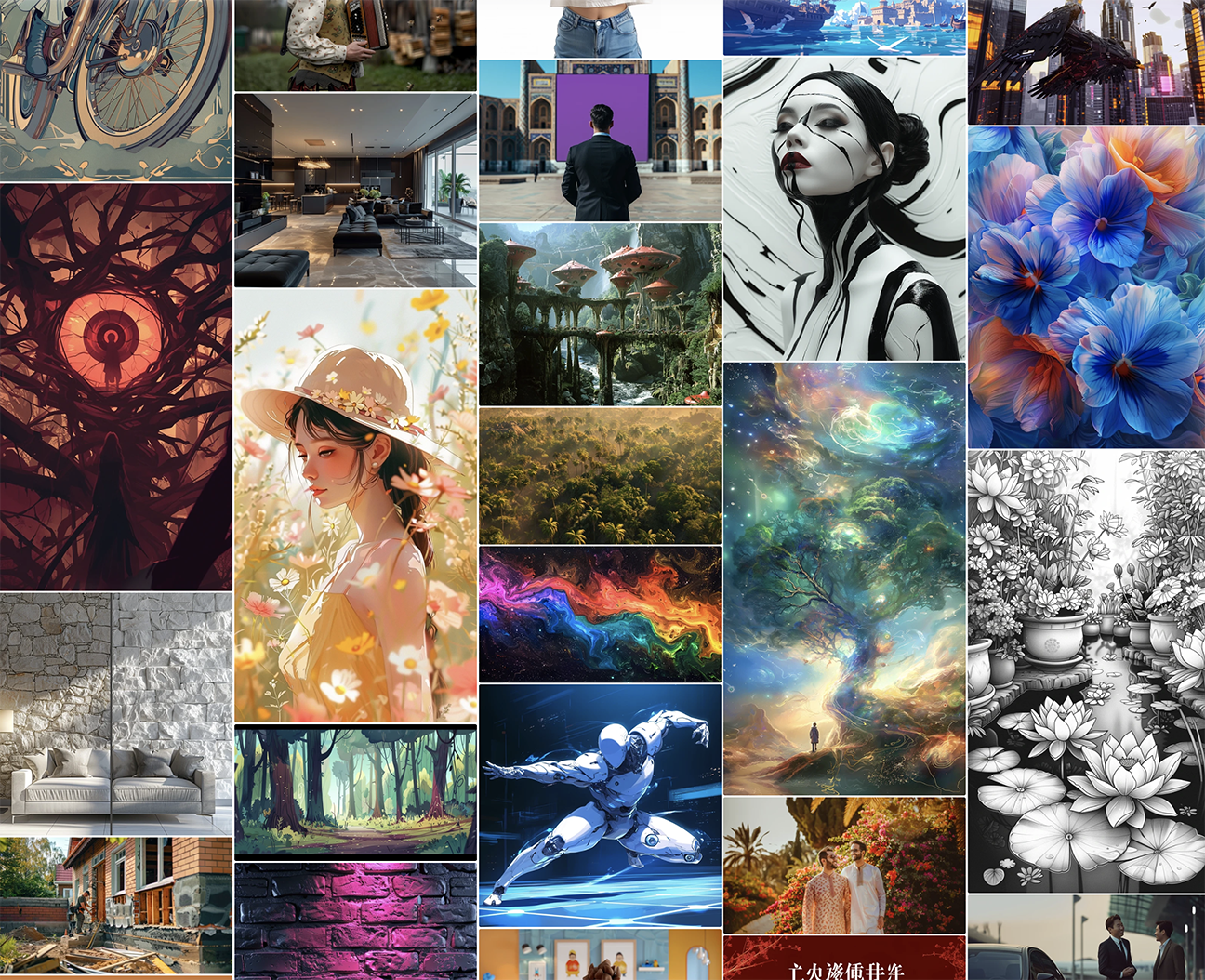AI: Why Artists Should Improvise, Adapt, and Overcome

AI-generated art remains a hot topic in the visual artist arena, and there are plenty of impassioned opinions on this regarding the ethics of generative AI art. As a professional cover designer, I do understand and empathize. However, I feel that instead of taking an anti-AI stance, I stand with other professionals like Derek Murphy who have embraced this technology, and here are my reasons:
- It’s never going away—AI will only continue to expand and improve. AI art platforms are heavily funded and on the rise.
- As cover artists, we can manipulate AI art to our skilled advantage. I don’t believe that our profession will be replaced anytime soon, because there’s so much more to good cover design than just the illustration. A lot of facets have to balance perfectly in a cover, including typography, spacing, color, and the genre tone. This is tricky stuff!
Keeping all that in mind, most people who are not cover artists (that includes general graphic artists) do not have the “eye” to create a book cover that will capture attention and ultimately help sell a book. Cover art is a learned skill in itself – it’s knowing how to effectively blend all the elements of a cover together in a way that entices a viewer to buy a book. This skill comes with a lot of experience. So it is for that very reason that we should embrace this exciting new frontier.
A seasoned book cover designer will know how to take AI generated art, apply various techniques and manipulate it in ways that enhance it for a particular cover’s theme, and balance it with applied typography to create a stunning design.
Yet, there’s that issue of copyright and usage. Midjourney’s terminology, for example, states that although you the creator own all the rights to your image, you don’t have creative control over your own IP (intellectual property). In other words, other people can still use your exact prompt or final image in their own creations, and you have no legal recourse. It’s a bit of a panic button right now, but it doesn’t concern me much. Realistically it’s highly unlikely someone would use your exact image in another book cover with the exact type of book and title, especially if it’s further manipulated in Photoshop, for example.
Indeed, the horizon is changing. But instead of collapsing the cover artist, I feel AI will open up some new and exciting opportunities for us to expand our creative techniques.
And dare I predict a future trend—authors who want a custom organically-designed cover without AI–adding that designer brand value to their book. What do you think?
Sign up for our newsletter!
You’ll receive our latest posts in your inbox about 1-2x/month. I’ll throw in some other goodies here and there.
